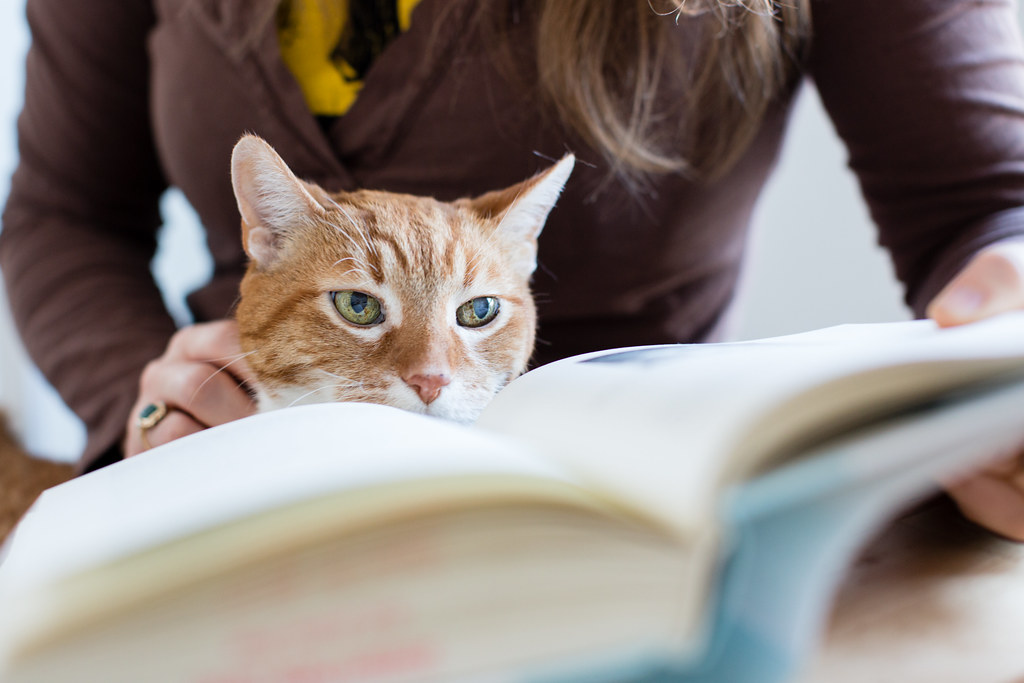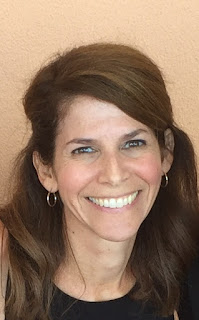Over the weekend I stumbled over my awesome agent sib
Katie Locke's newest post, "
Juggling, Attention, Ambition, and Goal-Setting." I frequently enjoy Katie's posts because like me, she works best with organization, and she has some really great methods that have helped me in the past.
So anyway, in the post she mentioned putting all her potential project ideas into a spreadsheet to help her organize and also strategize with her agent. This was the second time I'd heard her mention this spreadsheet, which reminded me of my own Evernote note I called my Project Pipeline, but it sounded more organized than the bullet list I had, so I tried it out and made my own spreadsheet.
Now, you guys might remember me mentioning I'm not the kind of writer overflowing with ideas. I often struggle to get any ideas at all, and then kill most of them off when brainstorming/plotting, and then kill about half of those survivors within the first 10,000 words of first drafting, and then often kill half of
those after I draft them because...I'm just not feeling it anymore.
So the ideas that
do rise to the surface and actually make it to the editing stage have gone through a lot of hurdles already. This is why I often don't feel comfortable talking much about the projects I'm working on while I'm brainstorming and drafting—I know all too well the likelihood of that project making it to the revision stage is...not the best. So telling other people about those ideas before I know for sure whether or not they'll ever get drafted makes me nervous, because once I've told them, I don't want to let them down by deciding not to pursue it.
All of this played into why when I was between projects not too long ago, I was having major self-doubt issues. I hadn't drafted something new in over a year, I was dealing with that
what if I never publish anything again ever fear (not uncommon amongst published writers, regardless of how many books they've published), and I was uncertain about the few ideas I did have—they were only partially brainstormed and I felt them slipping through my fingers.
Add this to my first ever impending book release, plus college graduation looming closer and closer, and you can understand why my confidence was pretty shaky, to say the least.
So anyway, point is I had this sense that I didn't have all that many ideas. That I was running out of options and needed to come up with something new ASAP. So I first drafted a thing, and that helped, and then I stumbled over an idea I'd written and partially brainstormed during class then forgotten about, and that helped too. And then I saw Katie's post and made a spreadsheet and realized...
Well. Apparently I have nine projects to play around with. One is already written and ready to go. Some are fully plotted and need to be written. Some were written ages ago and need an overhaul. One I finished plotting over the weekend.
But as much as my brain sometimes makes me believe otherwise, looking at the spreadsheet I realized they were all viable options. Some needed more work than others, sure, and some were absolutely
not viable options until I did some major revision surgery (or rewrote entirely), but they
were possibilities. Real, actual possibilities.
Nine of them.
It was kind of amazing to see how different it felt to move these projects from an unnumbered list to a spreadsheet. To realize that even if I tossed a bunch of them, I still had plenty more to play around with.
It was also a really great reminder that we are our own worst critics. For so long I was so worried about not having something new to work on, but all I needed to do was sit down and refocus. All I needed to do was give myself some credit for the work I'd already done.
A little organization can go a long way in terms of both productivity and boosting your confidence. Sometimes all we need is to tell our brains to be quiet for a moment while we reflect on what we have simmering on the back burner.
How do you keep track of your ideas or potential projects?
Twitter-sized bites:
How can spreadsheets boost your confidence? @Ava_Jae explains how @bibliogato's method helped her. (Click to tweet)
On productivity, confidence, and giving yourself credit for the work you've already done. (Click to tweet)













































